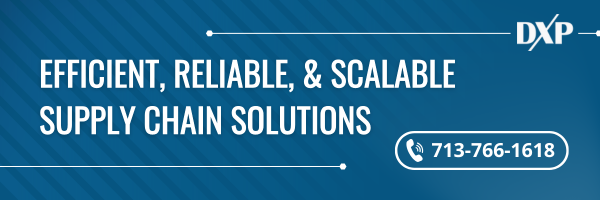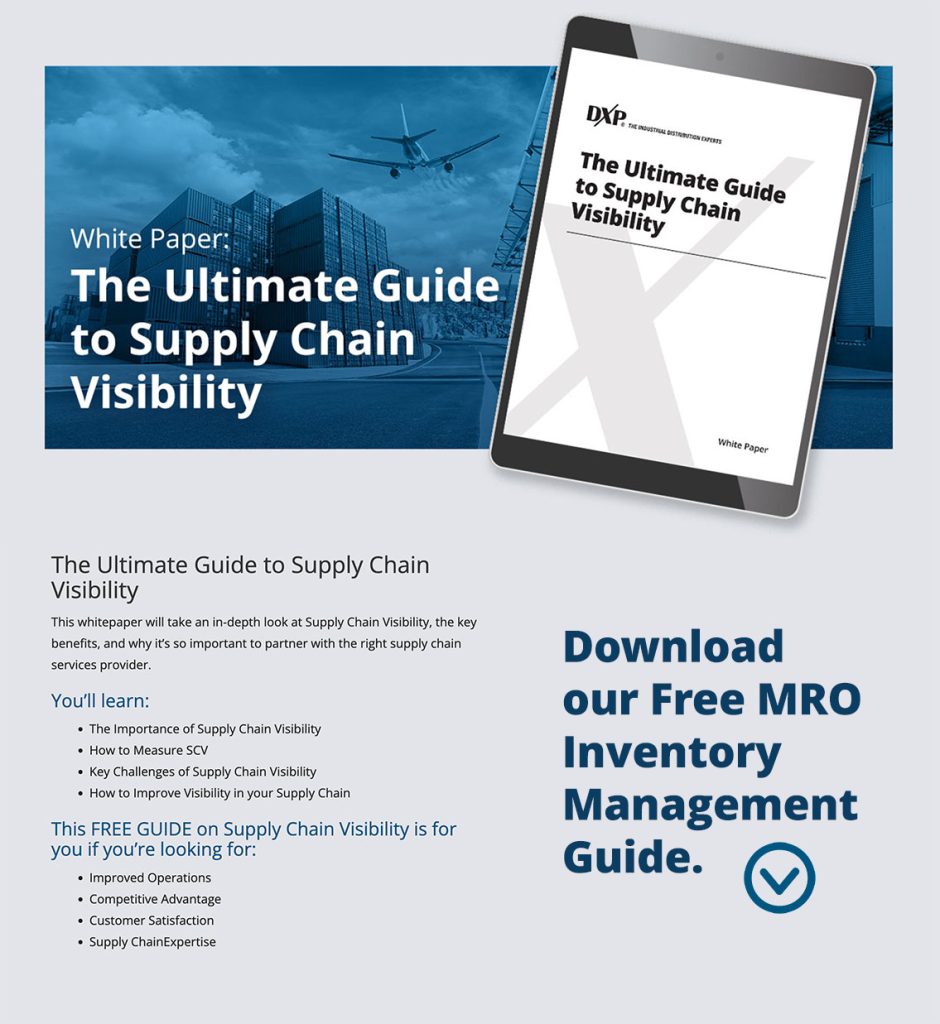
Why Supply Chain Transparency Matters
At its core, supply chain transparency refers to the visibility and traceability of products and materials as they move through various stages of production, distribution, and consumption. It involves disclosing information about suppliers, manufacturing processes, labor practices, environmental impact, and more.
By shedding light on these aspects of the supply chain, companies can identify risks, mitigate disruptions, and drive positive social and environmental outcomes.
Supply Chain Transparency Is Now More Important Than Ever
In recent years, supply chains have faced a series of disruptions that have highlighted the vulnerabilities inherent in global trade networks. The COVID-19 pandemic, in particular, exposed the fragility of integrated supply chains, disrupting production, transportation, and distribution channels worldwide. Lockdowns, border closures, and labor shortages have led to delays, shortages, and increased costs for businesses across industries.
Geopolitical tensions, trade conflicts, and natural disasters further exacerbated supply chain challenges, causing ripple effects throughout the global economy. From semiconductor shortages affecting the automotive industry to port congestion disrupting maritime trade, businesses are facing unprecedented levels of uncertainty and complexity in their supply chains.

How Businesses Benefit from Transparency in the Supply Chain
So, how can embracing transparency in the supply chain help? It not only benefits the business bottom line but also contributes to a more responsible and ethical global business ecosystem. Here’s how.
1. Building Trust and Credibility
One of the most obvious reasons for supply chain transparency is its role in building trust and credibility with stakeholders. Whether it’s consumers, investors, or regulatory bodies, transparency demonstrates a commitment to accountability and responsible business practices.
As a matter of fact, the 2021 Edelman Trust Barometer reported that 86% of consumers believe that transparency is the most important factor in determining trust in a company.
When companies are open and forthcoming about their supply chain practices, it establishes trust among consumers who are increasingly concerned about issues like product safety, labor conditions, and environmental sustainability. By providing clear information about where products come from and how they are made, businesses can differentiate themselves in the market and attract socially conscious customers who prioritize transparency.
2. Managing Risks and Compliance
Supply chain transparency also plays a big role in risk management and regulatory compliance. In today’s complex supply networks, companies face various risks, including supplier disruptions, counterfeit products, and regulatory violations. Without visibility into their supply chains, organizations are vulnerable to these risks, which can have far-reaching consequences for their operations and reputation.
By implementing transparency measures — such as supplier audits, certifications, and supply chain mapping — businesses can identify potential risks and take steps to resolve them. Moreover, transparency enables companies to comply with regulations related to product safety, labor standards, and environmental regulations, reducing the risk of non-compliance penalties and reputational damage.
3. Driving Sustainability and Social Responsibility
Transparency is also essential for advancing corporate sustainability and social responsibility goals within the supply chain. As customers become more conscious of the environmental and social impact of their purchases, companies are under pressure to adopt sustainable practices and ethical sourcing standards. By providing visibility into their supply chains, businesses can track the origin of raw materials, monitor production processes, and ensure compliance with environmental and labor regulations.
Transparency enables organizations to identify areas for improvement and implement initiatives to reduce waste, reduce your company’s carbon footprint, and promote fair labor practices. By integrating sustainability into their supply chain strategies, companies can enhance their brand reputation, attract environmentally conscious consumers, and contribute to a more sustainable future.

Embrace Supply Chain Transparency for Success!
At DXP, we understand the importance of supply chain transparency and offer comprehensive solutions to help businesses optimize their supply chain operations. From supplier management and risk assessment to compliance monitoring and ESG strategies, we partner with our clients to achieve transparency and drive value across their supply chains.
Ready to Improve Your Supply Chain?
Contact DXP today for more info about our supply chain management services and learn how we can help you achieve transparency, efficiency, and sustainability in your supply chain.
In a world where transparency is #1, DXP is your trusted partner for supply chain excellence. Let’s work together to build a more transparent and resilient supply chain for the future.

